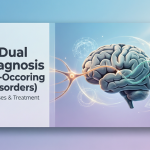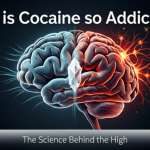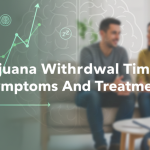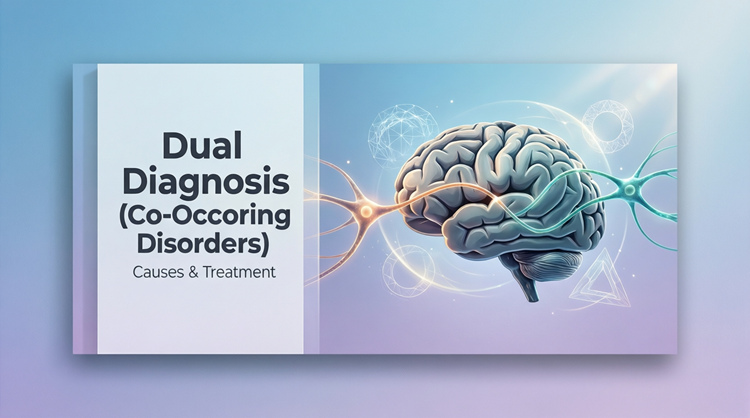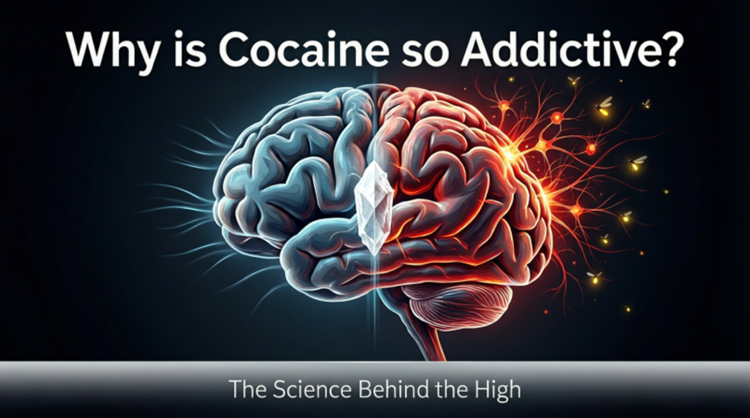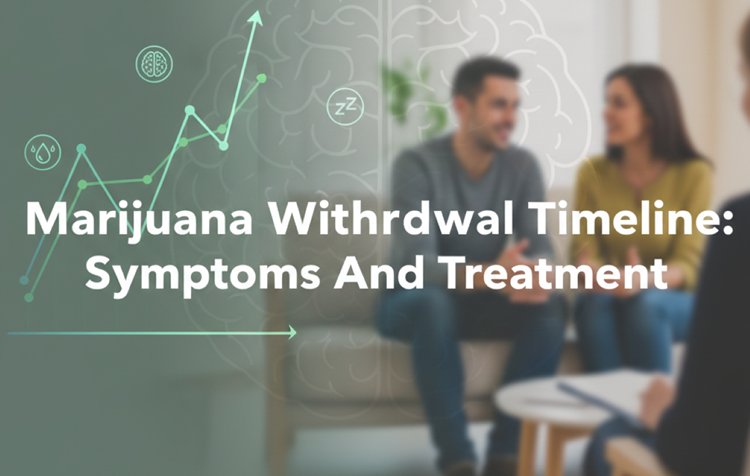Whenever an individual is undergoing a mental and behavioral problem, one of the common questions that he/she will tend to ask themselves is, What is the best psychiatric intervention? The way of solving it is not always so obvious because the way of dealing with mental health is highly individual, and most techniques of treatment do not necessarily work just right with everybody. However, in conjunction with a select combination of treatments, care, and in some cases medications, persons can be offered lifelong stability and an improved quality of life. We begin by finding out what the individual needs and developing a treatment plan that is tailored to his or her unique situation.
Understanding Psychiatric Treatment
Psychiatric treatment refers to treatment in the medical and therapeutic resources of managing a mental health condition. These can be mood disorders, including depression and bipolar disorder, anxiety disorders, schizophrenia, and Eating disorders, among others. Treatments can be grouped into three broad categories: medications, psychotherapy, and lifestyle-based or integrative treatment.
Psychiatric treatment aims not just at alleviating symptoms but also at enhancing general life quality, day-to-day functioning and emotional well-being.
Early Signs and Symptoms
Diagnosing symptoms early may lead to early intervention. Common symptoms are:
- Long-term feeling sad or anxious
- Angry flushes
- Withdrawal from people around them
- Trouble concentrating
- Sleep disturbances
- Extreme fear or paranoia.
- Changes in appetite, weight
- Risky or impulsive actions.
The Most Effective Mental Health Treatment
The therapeutic approach of keeping the use of psychotherapy and medication in combination is the best treatment approach in most cases of mental disorders. According to surveys, on various occasions, human beings will perform better when both strategies are used concurrently than when used separately. An example would be that antidepressant medication can remove the biological component of depression, but therapy will help an individual to overcome thoughts, behaviors, and coping skills.
Psychiatric Treatment Examples
Some of the most exhibited popular psychiatric treatment modalities are as follows:
Cognitive Behavioral Therapy (CBT): deliberate in making the patient recognize and change any negative thoughts or action patterns.
Dialectical Behavior Therapy (DBT): It is a more organized form of CBT and is focused on mindfulness, access to emotion regulation and toleration.
Medication Management: Has those being antidepressants, mood stabilizers, and antipsychotics and anti-anxiety medications under the care of psychiatrists.
ECT- Applied to intensively depressed or treatment-resistant mental conditions.
Transcranial Magnetic Stimulation (TMS): In this, TMS is used as a non-invasive brain stimulation that is used to treat depression.
Group and Family Therapy: Helps and improves communication.
Lifestyle changes: Exercise, nutrition, sleep, and stress are all important lifestyle influences to recovery.
100% Confidential Support is Available 24/7
No matter what you’re going through, you’re not alone. Our dedicated team is here to provide a safe, judgment-free space where you can talk openly and honestly. Whether you need emotional support, resources, or just someone to listen.
We’re here for you—completely confidential and always respectful of your privacy. Call us today!
Most Effective Psychiatric Medications
Concerning medication, there is no particular drug that works better in all of us. The best psychiatric drugs depend on the diagnosis and how the individual responds to the prescription. Some popular prescribed types include:
- Anti-depressants against depression and anxiety disorders.
- Mood stabilizers in mania.
- Antipsychotics in psychotic disorders.
- Short-term rescue of severe anxiety with anti-anxiety medications.
Medication is most successful when combined with therapy and frequent contact with a qualified provider. In DeLand Treatment Solutions, the clinicians are careful enough in examining an individual before they can give him or her a medication plan. The process of adjustment is made in this way to find the most secure and effective alternative.
Psychiatric Treatment Facility
A treatment facility is a psychiatric care program with an organized treatment program to deliver treatment to those who require more supportive treatment than outpatient arrangements. Treatment in these centers is both outpatient and inpatient, depending on the severity of illness.
At DeLand Treatment Solutions, skilled psychiatrists recognize the value of human and caring treatment, evidence-based treatment, and a holistic approach to their comfort and well-being. Recovery involves more than controlling the symptoms and as we treat, we need to ensure that we can achieve a manageable lifestyle that can support mental wellness.
Lifestyle and Holistic Approaches
Medicines and treatment are not enough for mental health. A potent role is played by lifestyle changes in psychiatric treatment. Physical activity, proper nutrition, sound sleeping, and relaxation can greatly enhance mental health situations. Most treatment facilities combine yoga, meditation, and creative therapy in their programs as well.
Psychiatric Treatment Center
Choosing the right psychiatric treatment center is one of the major decisions that come in the course of healing. An excellent treatment facility would include specialized care, certified personnel, and a wide variety of treatment approaches.
Our psychiatric treatment center in DeLand is designed in a manner that allows individuals to feel secure and encouraged as they start doing better. It may be during the therapy sessions or medication management and wellness programs but we will provide you with the tools that are needed to achieve long-term recovery.

Deland Treatment Solutions
Battling with Drug and Alcohol Addition? Remember, you are not alone and we are here to help you!
Finding the Right Treatment Plan
The most effective psychiatric care depends upon the diagnosis and needs/preferences of the individual. What works for one individual may not be effective to another. It implies a detailed study of a psychotherapist or psychiatrist. In many cases, treatment plans are updated over time in order to achieve the best.
Taking the Next Step Toward Healing
If you or a loved one is facing the challenge of mental health difficulties, you should realize that there is a way out. Under the proper psychiatric treatment, the change can be made, and, one can recover.
At DeLand Treatment Solutions, we offer evidence-based treatment using medication-based management and supportive programs. We are located here to help people gain some stability and build healthier and more rewarding lives.
Contact us at (386) 866-8689 right now to speak about our psychiatric treatment and become part of the road to recovery.
FAQs About Psychiatric Treatment
What is considered the most effective psychiatric treatment?
The most effective psychiatric treatment often combines therapy, medication management, and lifestyle support. Since every individual is different, treatment must be tailored to personal needs for the best results.
How long does psychiatric treatment usually last?
Treatment length depends on the individual and the condition being treated. Some people see improvements within a few months, while others benefit from ongoing care for several years.
Do I need medication for psychiatric treatment?
Not always. Some people improve with therapy alone, while others need medication for symptom management. A qualified professional can determine the best treatment plan.
What happens at a psychiatric treatment center?
A psychiatric treatment center provides therapy, medication management, and supportive services. The goal is to create a safe environment where individuals can work on recovery with professional guidance.
Can psychiatric treatment help with co-occurring disorders?
Yes. Many treatment centers, including DeLand Treatment Solutions, specialize in treating individuals who face both mental health and substance use disorders. Integrated care improves recovery outcomes.






